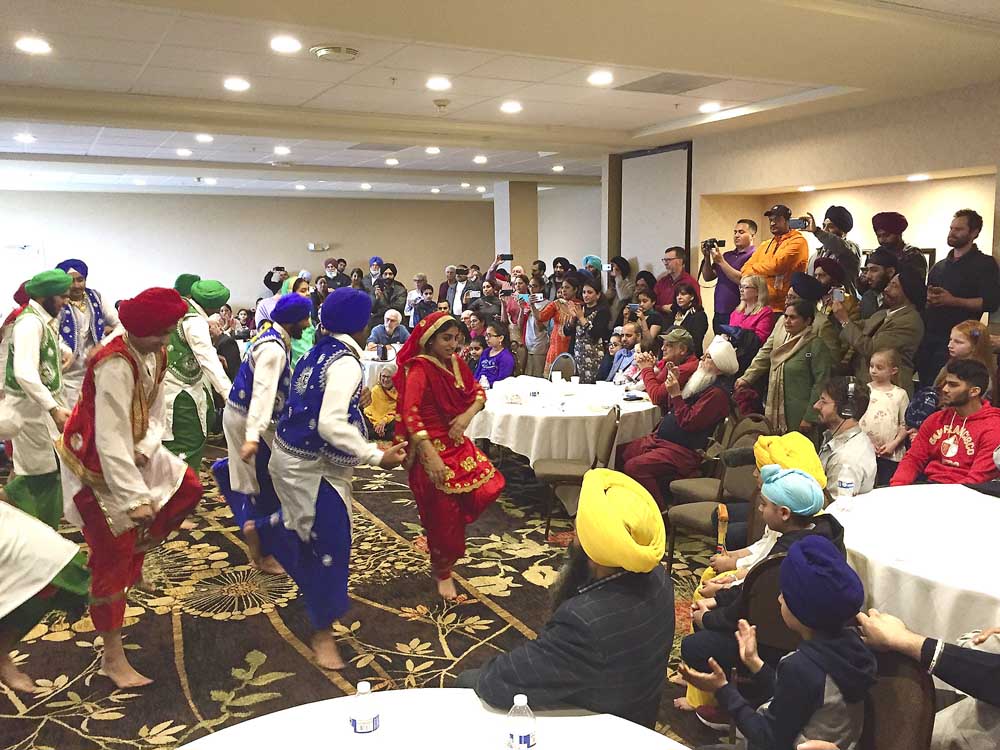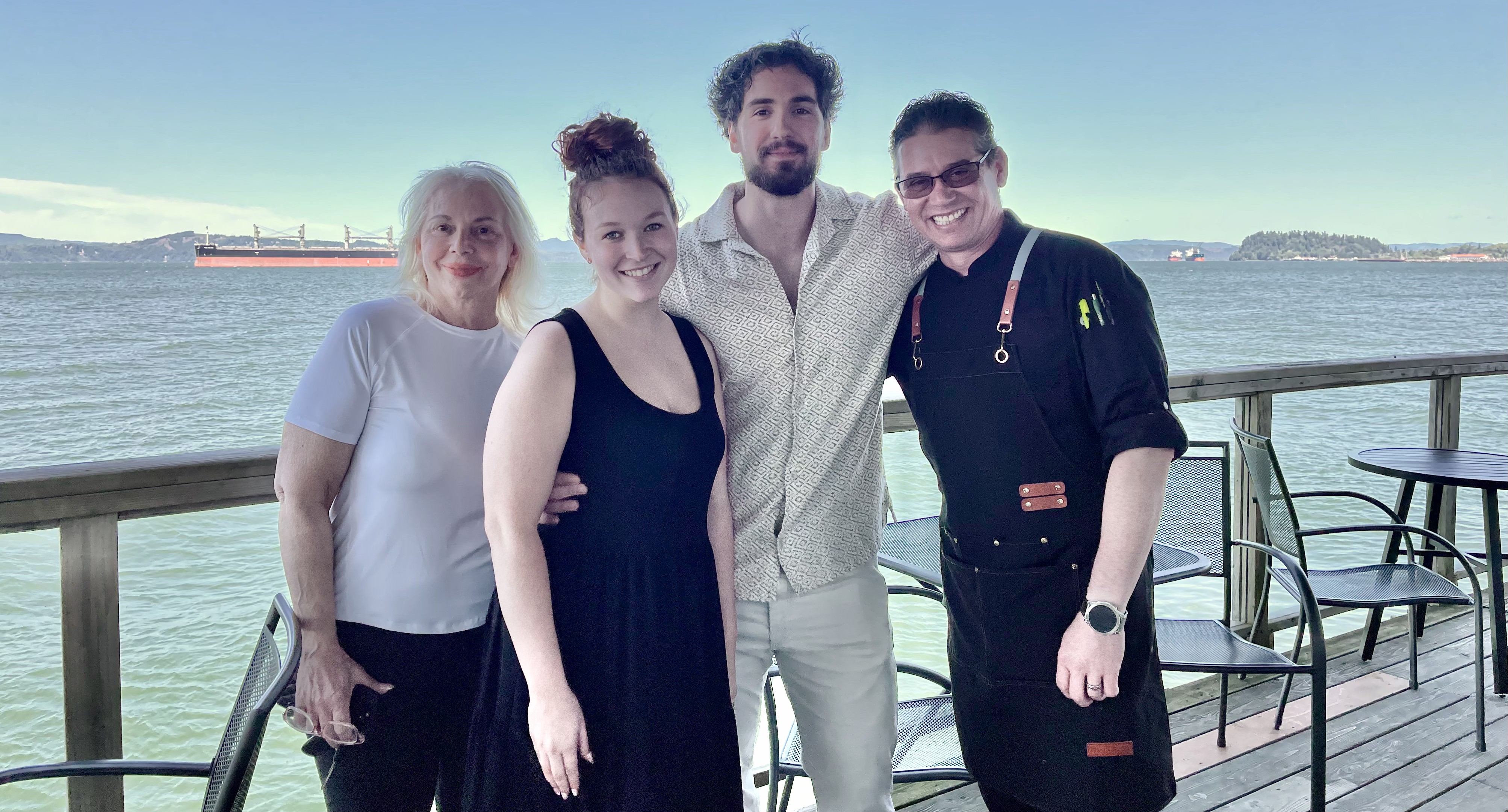New sign honors the Sikh in Astoria
Published 4:19 am Monday, April 9, 2018

- Dancers perform for Astoria residents and representatives of the regional Sikh communities at an event Saturday marking the Ghadar Party.
A sign commemorating the history of East Indians in Astoria was stolen last year, but the rededication of a new plaque Saturday afternoon gave the city and the Sikh community a chance to re-examine their shared past and plan for the future.
Trending
The sign — the one that was stolen in October and, now, its replacement — memorialized a history that had been long forgotten in Astoria and beyond. In some ways, this history is still playing out now in East Indian communities that have settled on the West Coast, speakers said at Saturday’s event.
“We have something in our hearts that belonged to them,” said Bahadur Singh, president of a Sikh temple in Salem, the largest in Oregon, of those predominately male Sikh workers who came to Astoria in the early 20th century and founded the radical nationalist Ghadar Party, whose members fought for independence from British rule in India.
Historian Johanna Ogden was among the state and city officials, including state Sen. Betsy Johnson, and representatives of regional Sikh communities who spoke at the rededication event.
Trending
Five years ago, Ogden’s article about East Indians who lived in Astoria and founded the Ghadar Party at the city’s Finnish Socialist Hall in 1913 resurrected the forgotten history not only for modern-day Astorians, but also for Indian families who may not have realized they had ties to the area. It also led to the installation of the first bronze sign. Located at the Maritime Memorial Park under the Astoria Bridge, it proved to be an important site for tourists from India and Indian communities across the United States.
It is critical for stories like the one about the Ghadar Party and the Indian workers who lived in Astoria’s Alderbrook neighborhood to be included in the region’s history, especially where certain stories might have come to dominate the narrative and exclude others, Ogden said afterwards.
“I think we need to expand what we include in the stories of this place,” she said. “We need to complicate that narrative.”
When the sign was stolen in October, news of the theft went around the world, even appearing in Indian newspapers. But former Astoria mayor and master of ceremonies Willis Van Dusen commented that the theft provided an opportunity for people to gather and bring the history to the forefront once again. Local businesses and Sen. Johnson donated money to replace it.
The event was supposed to be held outside where the original sign stood, but harsh winds and rain forced everyone indoors to the Holiday Inn conference room. The room was packed with people, with Sikh families figuring predominantly among the crowd.
The Indians who journeyed to the Pacific Northwest seeking jobs and better opportunities found themselves driven out of communities in Washington state. Many found jobs and temporary homes in towns and cities along the Oregon side of the Columbia River, but still faced hardships because of their distinct culture, appearance, language and ethnicity.
Gurinder Singh Khalsa, founder and chairman of a Sikh political action committee, asked: Who are immigrants?
“The definition of immigrant for me is a person who has the courage, who has the drive, who has the vision and who has the determination to leave their own country, leave their own family, to leave their own community, own culture, and come to a new land,” he said.
For Ogden, given the current policies and views arrayed against modern-day immigrants, and times when Sikhs were still singled out because of their appearance — the men with their long beards and turbans — after the 9/11 attacks, the story of the Sikhs in Astoria and the founding of the Ghadar Party remain very important. Those stories continue today, she said, watching as people came to take pictures with each other and look at the new sign.
“How often does a historian get to see history come to life?” she said. “It doesn’t get any better.”
Avtar Singh Adampuri of Renton, Washington, said that while Sikhs are proud of the roles they have played, they do not always collect and preserve their own histories.
“We thank you that you did it, you took care of it,” he said.
There are plans to hold a celebration of the Ghadar Party’s founding in mid-July. Organizers hope it will become an annual event.









